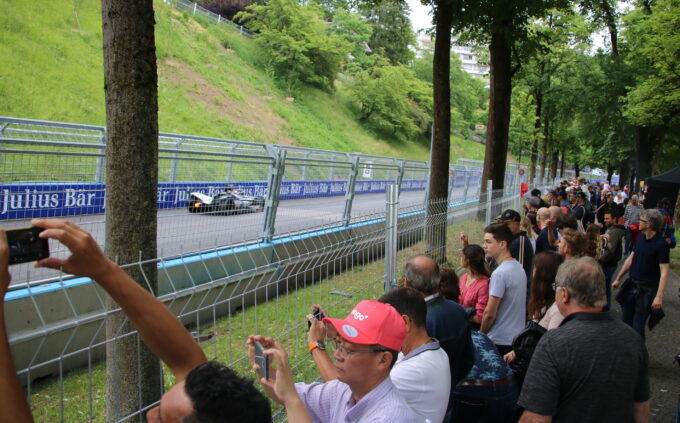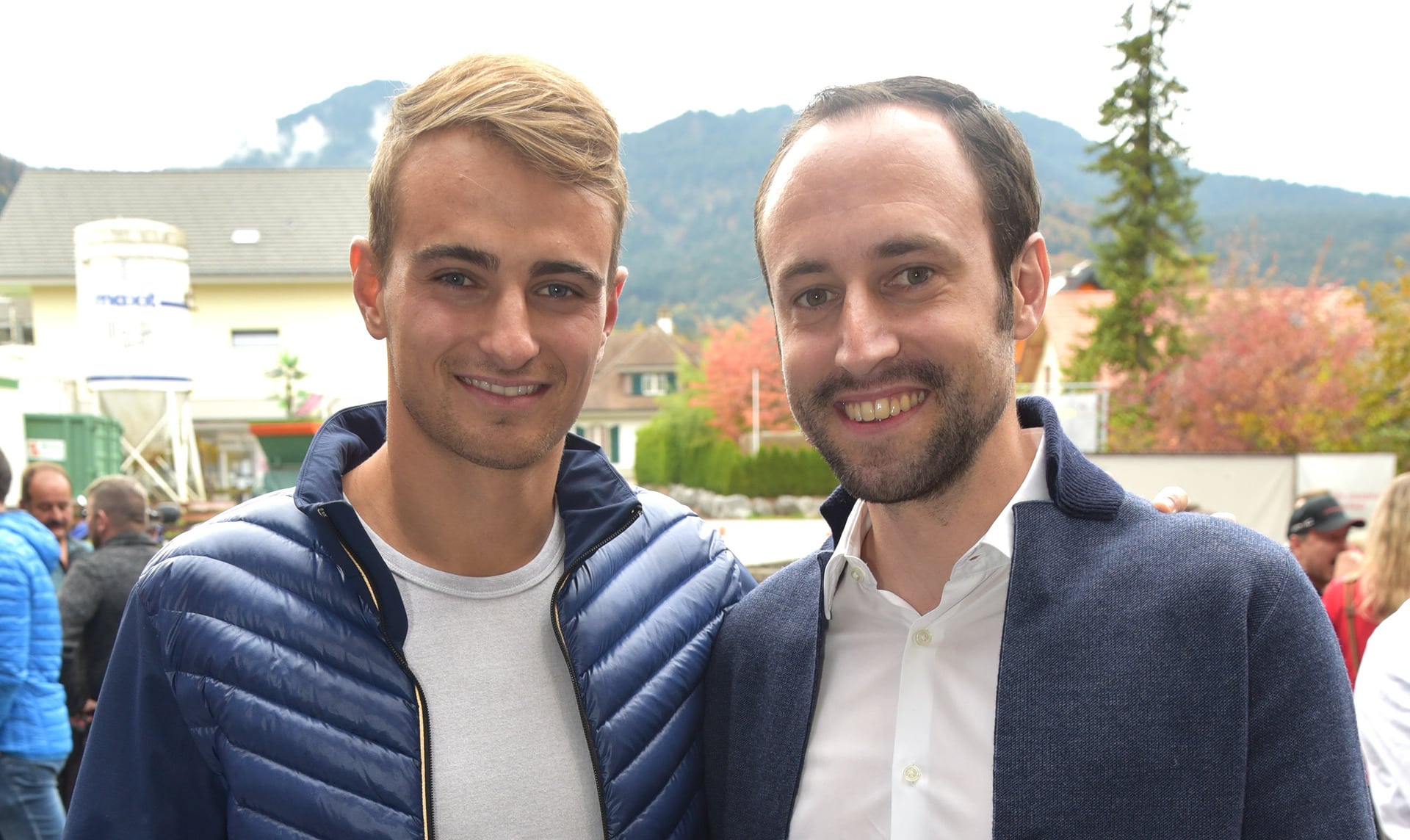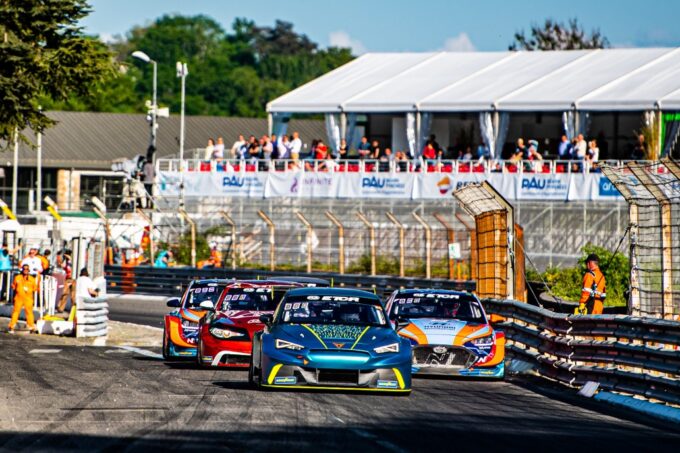Switzerland: Way clear for a circuit
PARLIAMENT TIPS BAN After 65 years, the circuit ban in Switzerland is lifted. What this will bring to motorsport is another question. A multifunctional racetrack would now be possible.

Following the National Council in the spring, on May 31 the Council of States also approved the motion of the Transport Commission and agreed to lift the ban on events of public circuit races with motor vehicles in Switzerland.
An old braid with exceptions
The circuit ban came into force in 1957 as a result of the serious accident at Le Mans in 1955. The only exceptions were kart races, club races in Lignières, autocross and motocross. Likewise, hill climbs, rallies and slaloms continued to be permitted with cantonal approval in each case, regardless of their danger.
The ban has since failed to be overturned in several attempts, despite the fact that motorsport safety measures and vehicle technologies have improved extremely in recent decades.
With the advent of Formula E, which made stops in Switzerland in 2018 (Zurich) and 2019 (Bern), the Federal Council provisionally created the possibility of holding circuit races with electric vehicles. In order for this solution to continue, the amendment to the law proposed by the Federal Council is needed.
No longer appropriate division of the licensing regime into two parts
Circuit races with motor vehicles will henceforth be subject to the same licensing regime as all other motor and cycling events on public roads.
However, future cantonal permits for such events must now take into account the requirements of road safety and road safety education, and now also environmental protection. The majority of the Commission trusts the cantons to handle such permits appropriately.

Referendum possible despite parliamentary decision
The proposal to amend Article 52 of the Road Traffic Act was written and submitted by FDP National Councilor Christian Wasserfallen. The self-confessed motor sports fan wanted to use the collective revision of the SVG to overturn the ban. His NR colleague Walter Wobmann (SVP) lobbied the associations for this.
Christian Wasserfallen: "A small and nice success that an unnecessary ban has been removed in Switzerland for once. I am relieved."
This point has now been cleared up in the procedure for settling differences between the National Council and the Council of States, and the ban has therefore been deleted. However, it is possible that there could be a referendum against the law from Road Cross or related associations.
Christian Wasserfallen: "But this is not because of circuit racing, but because of the looser regulations on speeding offenses."

Formula 1 and Formula E unlikely
Of course, the members of the Council with an affinity for motor sports are aware that this does not mean the return of Formula 1 in Switzerland. For cost reasons alone, this is unrealistic.
After the financial debacle, Formula E is hardly an issue anymore either. No Swiss city or cantonal parliament or organizer would take this risk. Unless a courageous private company took over the risk guarantee.
Conceivable would be smaller circuit races on a national or international level, for example with one-make cups, touring cars and GT cars, which also tend towards electric classes or already have or are planning such series. For example, DTM Electric, GT Electric, FIA ETCR, etc.
Paving the way for a multinational race track
Because an important hurdle has now fallen with the lifting of the circuit ban, there could well be efforts to find investors for the project of a Swiss motodrome without the highest FIA standard (for F1 and WEC, for example).
This would also be a concern and the hopes of the successful initiators.
Christian Wasserfallen: "Old military sites and land in decentralized regions would be particularly suitable for this. The idea should be to be able to build a modest and nice race track that can be used multifunctionally - for training, driver safety courses, vehicle tests, races, events, presentations and so on. This would have to help put together a coherent overall concept."
Then a lot of cash would stay in Switzerland, which has been spent on such events abroad for decades. The economy and also the climate - fewer long journeys - would then also have something to gain.










